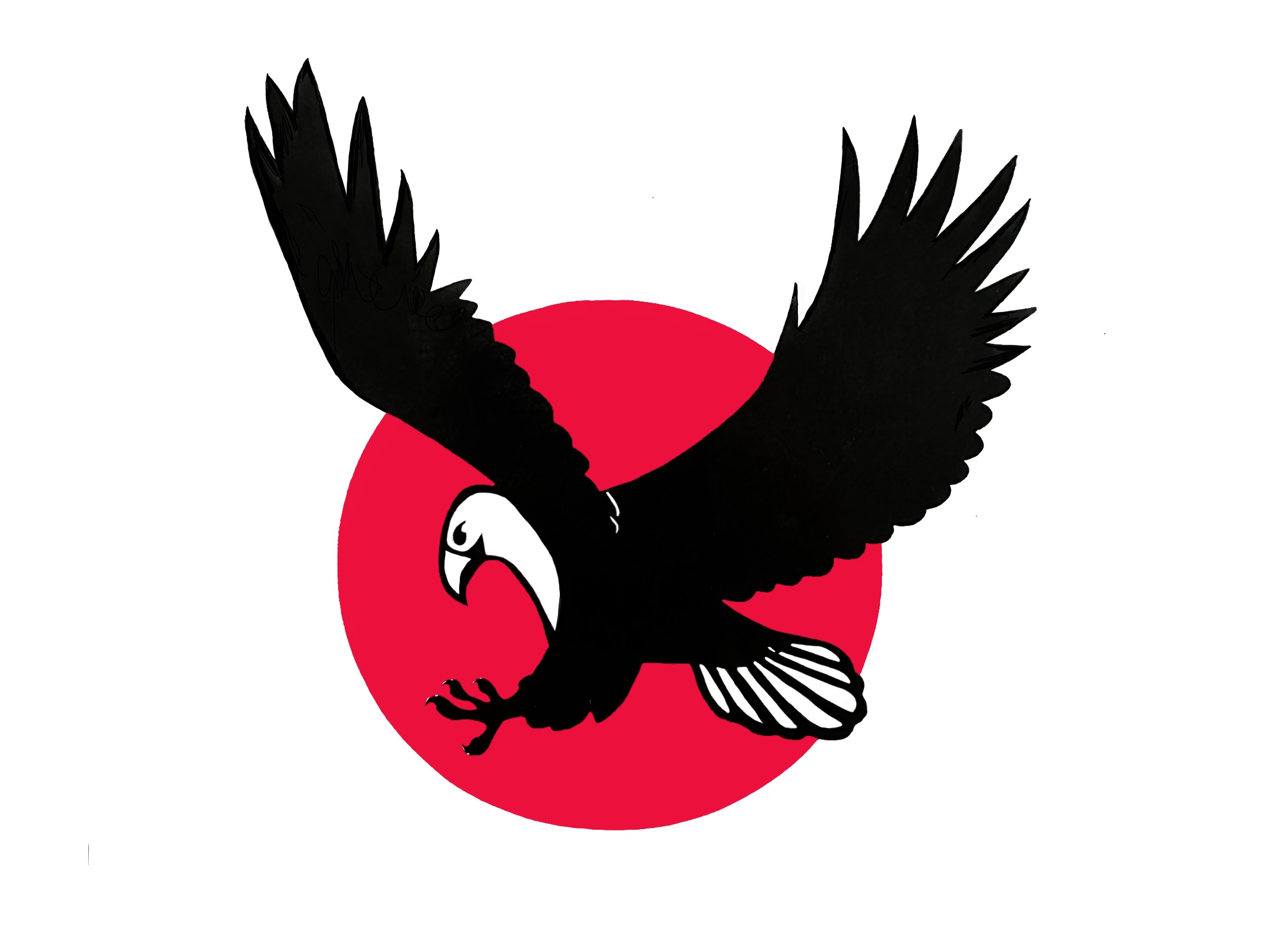
The “Hakuna Matata” Controversy
- Waku Waku Safaris
- Feb 27, 2024
- 2 min read
Updated: Feb 28, 2024
The phrase "Hakuna Matata" became widely known through its use in Disney's 1994 animated film "The Lion King," where it was popularized as a catchy and carefree motto.
However, the controversy surrounding the phrase stems from the appropriation of this Swahili expression for commercial purposes and its impact on African cultural heritage.
1. Cultural Appropriation:
Many individuals and groups argue that the use of "Hakuna Matata" by Disney represents a form of cultural appropriation. "Hakuna Matata" is a Swahili phrase that translates to "no worries" or "no problems" in English. Critics argue that taking a phrase from Swahili, a language spoken by millions in East Africa, and trademarking it for profit raises concerns about cultural insensitivity and the exploitation of African culture.
2. Trademark Controversy:
Disney's decision to trademark the phrase in the context of merchandise and entertainment has sparked controversy. Some feel that this move is inappropriate, as "Hakuna Matata" is a common and widely used expression in Swahili-speaking regions. Critics argue that it's a part of everyday language and cultural heritage and should not be subject to trademarking.
3. Impact on Local Artists and Merchants:
The trademarking of "Hakuna Matata" has also raised concerns about its impact on local artists and merchants in East Africa who may have used the phrase in their work. The fear is that Disney's trademark could lead to legal challenges against those who were using the phrase independently.
4. Calls for Reconsideration:
Various petitions and campaigns have been initiated, calling for Disney to reconsider its trademark of "Hakuna Matata." Advocates argue that cultural expressions, especially those deeply rooted in languages and traditions, should be respected and not commodified.
5. Broader Discussion on Cultural Representation:
The controversy around "Hakuna Matata" has fueled broader discussions about how African cultures are represented in global media and entertainment. Some argue for more authentic and respectful portrayals that go beyond superficial or stereotypical elements.
In summary, the "Hakuna Matata" controversy revolves around issues of cultural appropriation, commercialization, and the need for sensitivity when using expressions from languages with rich cultural histories.
The debate highlights the importance of acknowledging and respecting the cultural origins of phrases and symbols, particularly when they hold significance for specific communities.


